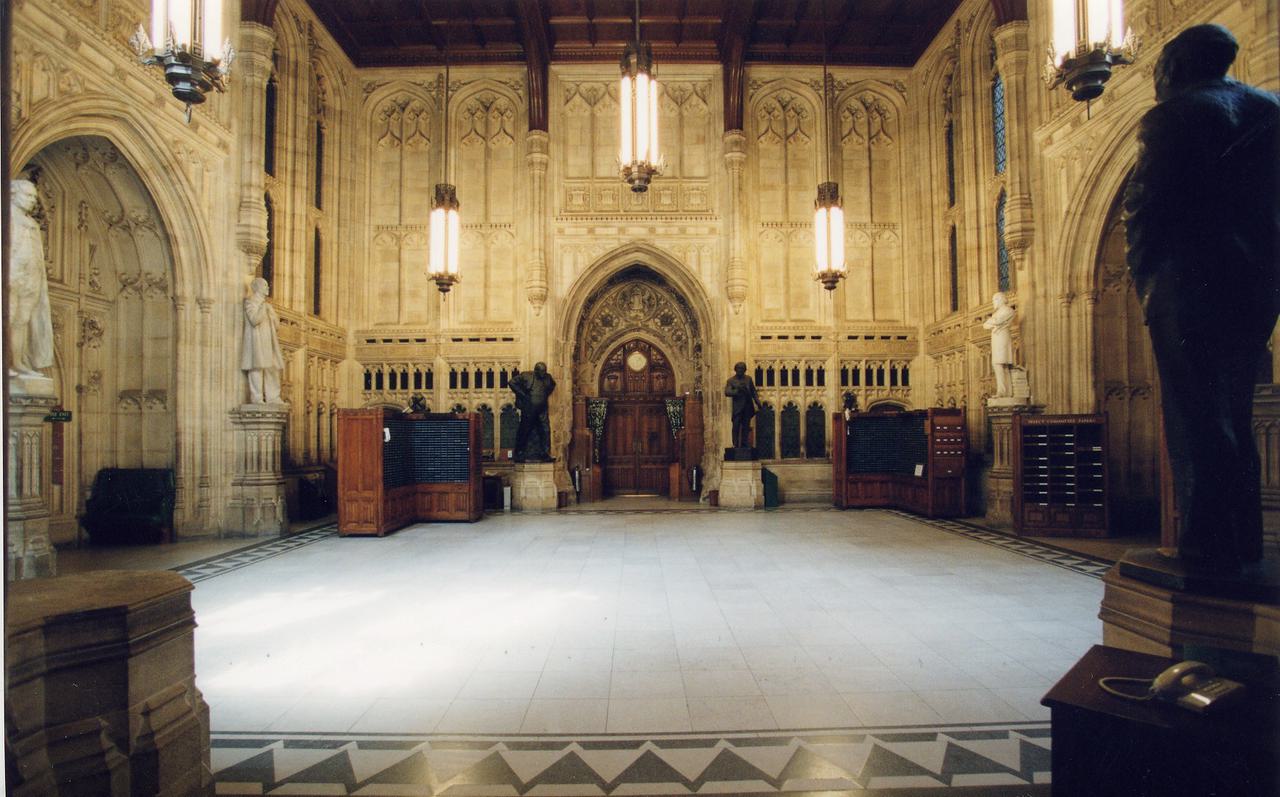
Campaigners and lobbyists lambast register plans
A statutory register of lobbyists could exclude the majority of those trying to bend MPs’ ears
Government plans to exclude in-house lobbyists from a statutory register have been met with a barrage of criticism from interest groups – and some lobbyists.
Veteran lobbyist Lionel Zetter said the proposed register would include ‘probably less than 20 per cent of the people who lobby’, as the majority of lobbyists work in-house, meaning they are directly employed by a commercial company.
Under the coalition’s current plans the register would be self-funded by the lobbying industry. But restricting the register to multi-client agencies – or ‘people who lobby on behalf of third-party advocates’ – would mean insufficient funds to maintain the register, Zetter told the Commons select committee that is scrutinising the government’s plans.
Previous attempts to set up a voluntary register ‘on the cheap’ had resulted in ‘catastrophic failure’, in part due to IT problems, he pointed out.
The narrow definition would also allow the lobbyists who attract the most concern to escape the register and evade public scrutiny, said Tamasin Cave of the Alliance for Transparency in Lobbying (ALT).
‘Public concern is largely with in-house lobbyists,’ she said. ‘People are very concerned about the undue influence that commercial interests are having on policies. They are coming to me and saying, “Do you know anything about this? Can we find out about lobbying by the private health care industry or by the private insurance industry?” We know that we are facing an unseen army of private health care lobbyists, but there is no information whatever on these people.’
Cave declared the consultation paper ‘incredibly unbalanced…nonsensical in some places and deliberately misleading in others’.
Public concern is largely with in-house lobbyists. People are very concerned about the undue influence that commercial interests are having on policies.
Tamasin Cave, Alliance for Transparency in Lobbying
Calls for charities to be excluded
The National Council of Voluntary Organisations (NCVO) has changed its view on the register following the launch of the consultation and now says charities should not be subject to it.
Ahead of a Hansard Society debate in February, NCVO chief executive Sir Stuart Etherington said: ‘If the purpose is merely to ensure transparency for multi-client agencies there is no rationale for charities to be part of it.’ He added: ‘If the purpose of the register is to inform the public of who is influencing policy, then in-house lobbyists, including charities, should be included.’
During the debate Charles Cockburn, chairman of lobby group Portcullis Public Affairs, also came out against the proposals. ‘It seems to me that we have come up with such a narrow definition that we have come up with a non-answer to a non-problem,’ he said.
Mark Harper MP, the government minister responsible for the consultation, defended the plans. ‘We think our proposals are balanced, proportionate,’ he told the audience at the Hansard event. ‘We think they solve the problems that we think exist.’
Contravention of European human rights law
But Harper could face a legal challenge. Trade magazine PRWeek reported in January that the proposals could contravene the European Convention on Human Rights. The magazine says this is based on legal advice solicited by lobbying industry groups in 2001 when the Scottish parliament was trying to institute similar legislation.
We think our proposals are balanced, proportionate. We think they solve the problems that we think exist.
Mark Harper MP
The concern centres on the two tier system that lobbying groups believe would be created should PR agencies but not in-house lobbyists be compelled to sign a register. They argued this could be in contravention of ECHR articles on privacy, equality and freedom of expression. The Cabinet Office have denied the plans breach European laws.
Lobbying was thrust onto the agenda in December last year. An undercover sting by the Bureau exposed senior executives at Bell Pottinger boasting of their access to the heart of government.
They believed they were pitching for a contract with the Uzbekistan government – a brutal regime with a terrible human rights record.
The consultation period on the government’s proposals will end on April 13.




